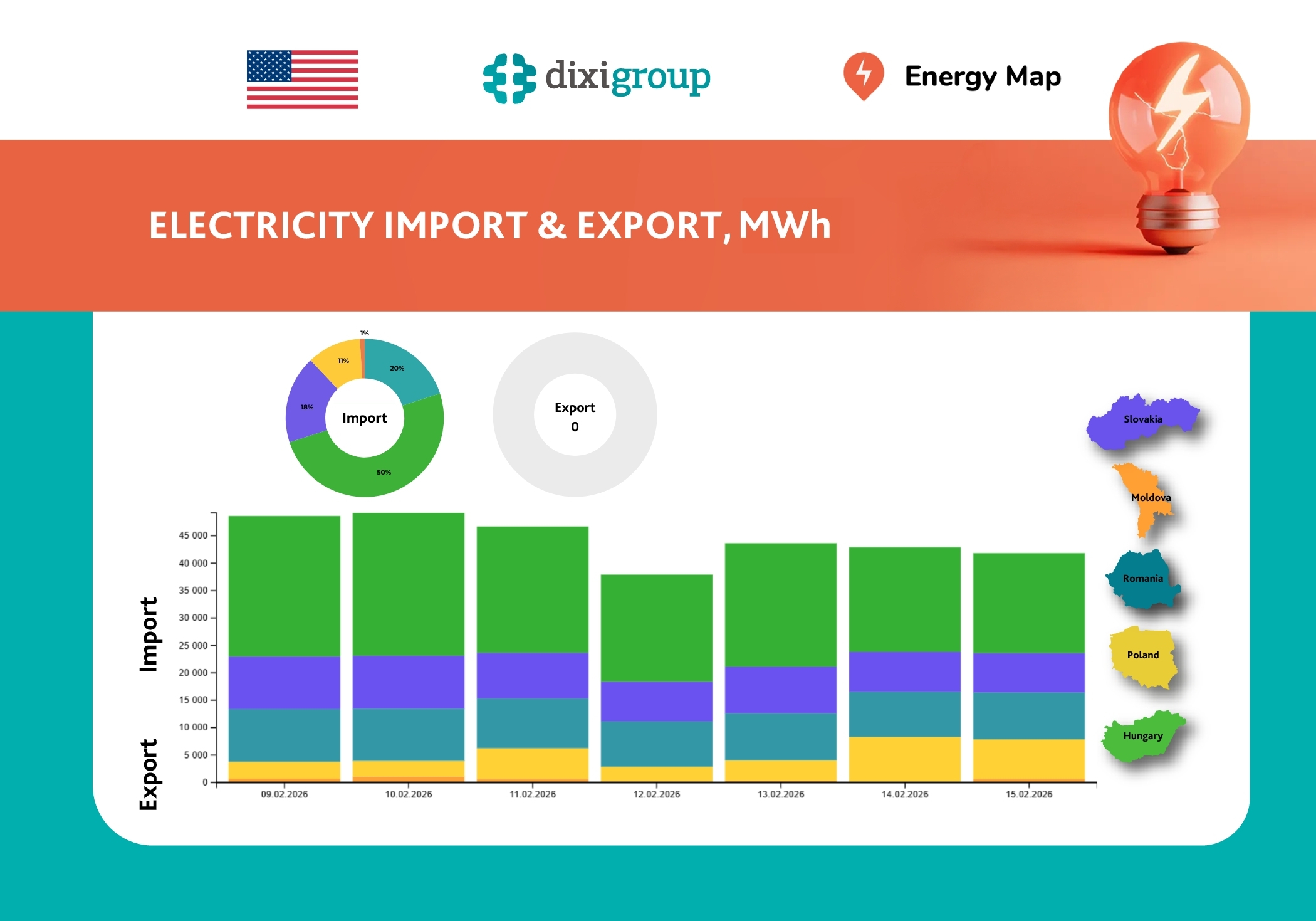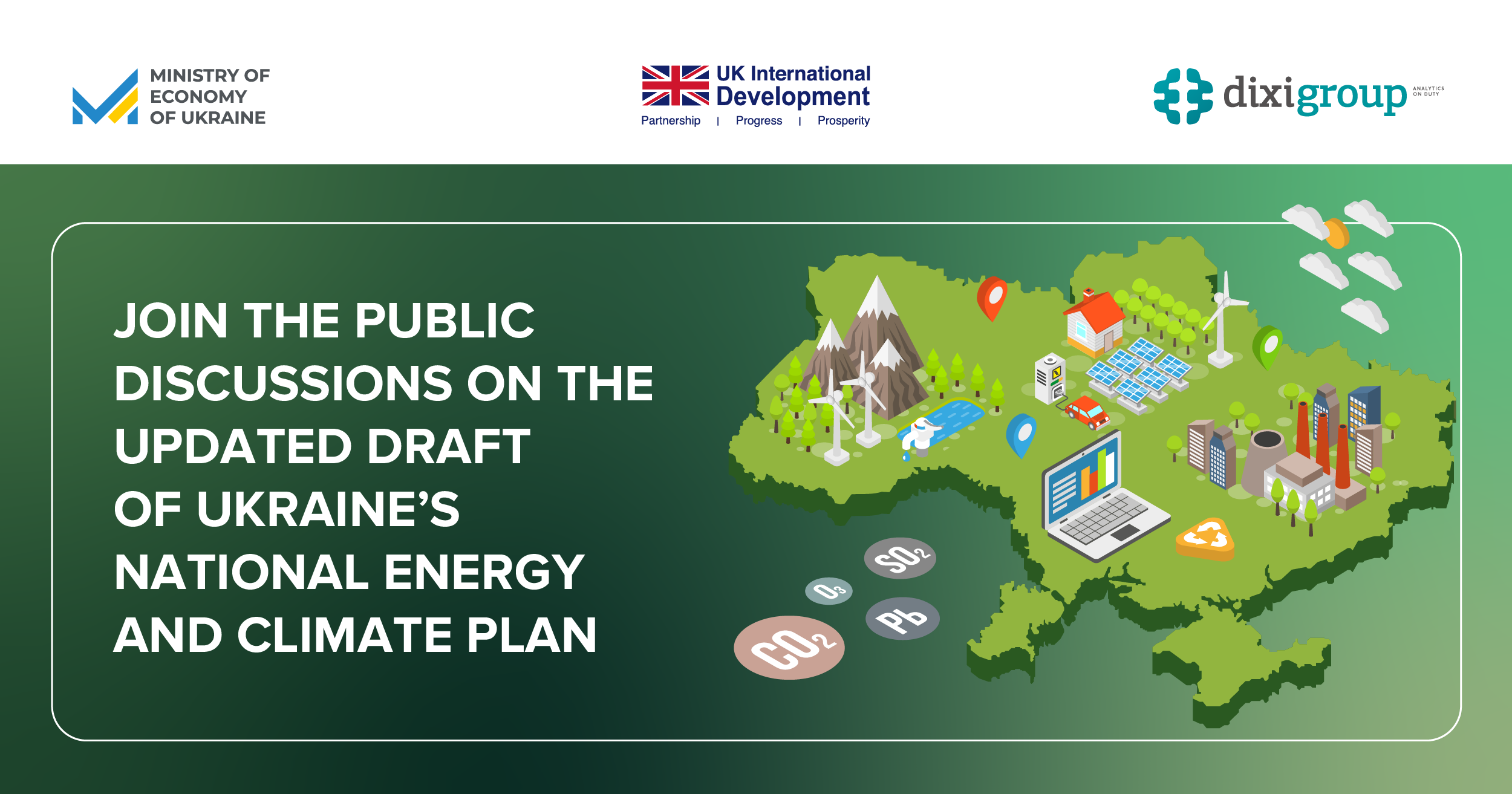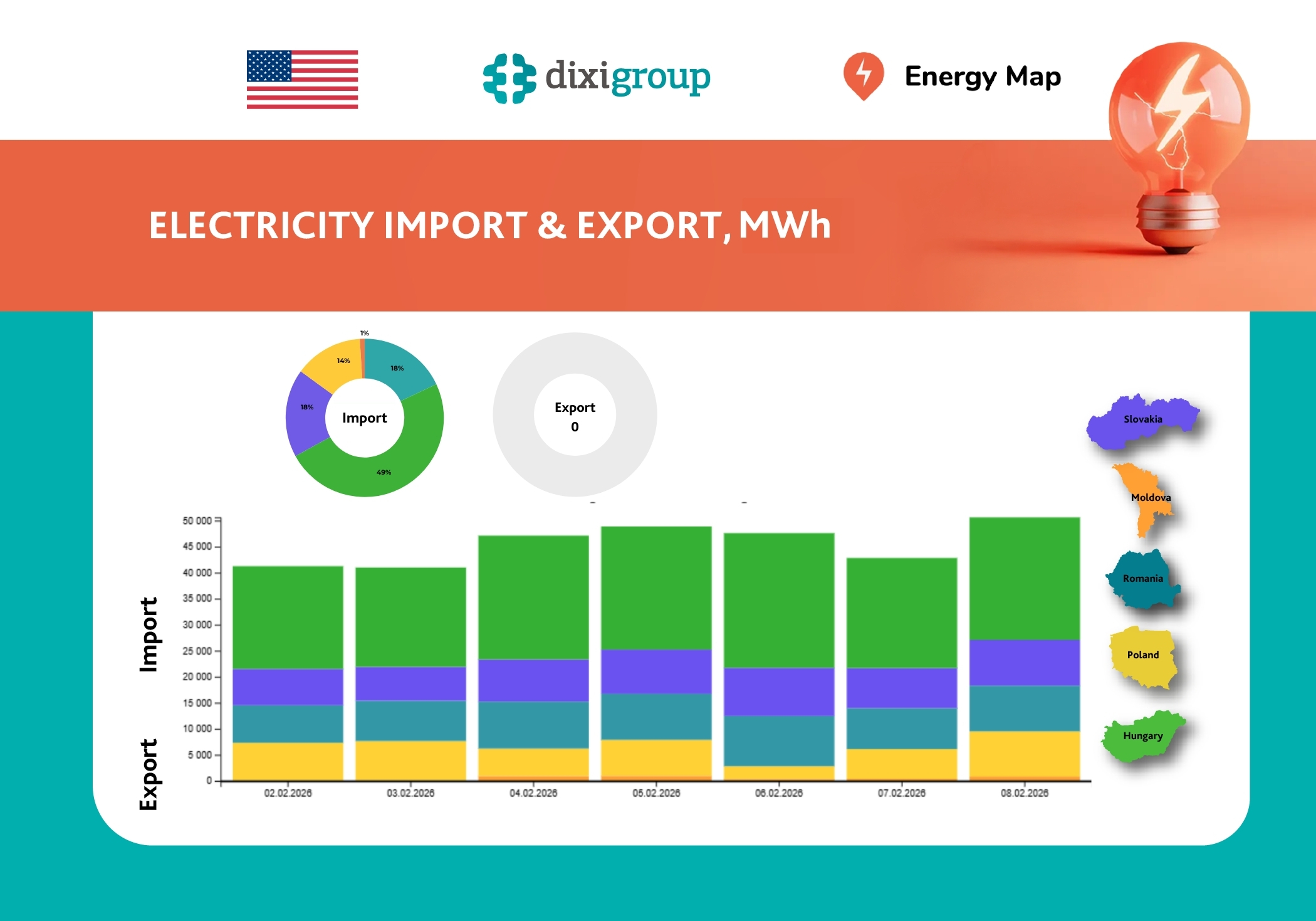DiXi Group President Olena Pavlenko emphasized this during a discussion held as part of the annual conference “Ukraine’s EU Accession: Energy and Climate.”
In addition to synchronization with EU legislation, ensuring the independence of regulatory and supervisory bodies, and corporate governance reform, our think tank’s team outlines three additional pillars that will help Ukraine integrate the security component into the decarbonization agenda and become part of the single European energy market.

First of all, these are the latest technologies, preferably market-based, without which our country is unable to restore the power system. That is why DiXi Group is studying the specific experience of the Massachusetts Institute of Technology, which we will be able to implement. Ukraine can also produce those net zero technologies that the EU considers strategic and intends to produce. Only state funds for this will be lacking, so we have to attract investments, and this is the second pillar.
“International companies are asking for guarantees that will make them feel safer despite the war, as well as predictability of relevant policies and the regulatory regime,” Olena Pavlenko points out. “Additional incentives and war guarantees are what we also expect from our international partners.”
Third, it is important to synchronize our own policies: national ones, such as the National Energy and Climate Plan, and local plans that communities have to develop. They have difficulty with this. Such synchronization itself is difficult, because you need to make sure that the goals of the national level correspond to the goals of the local one.
“I’m happy that we have international colleagues and partners from European countries who kindly agreed to help us as a think tank, but we are also inviting all others to develop a mechanism or think about the instruments how to synchronize all these policies and help communities as well to develop their strategies and local plans,” DiXi Group President urges.
The expert specifically emphasizes the need to ensure transparency, accountability, and access to data, as without each of these elements, it is essentially impossible to achieve any of the mentioned above. Thus, data is needed for technology, regulatory impact assessment, and the synchronization of national and local policies.
“So we have to build our policy on a fact-based approach, which requires better knowledge of assessments and data, more access to it, which will allow us to better plan and implement the necessary policies, while not threatening security,” Olena Pavlenko sums up.













